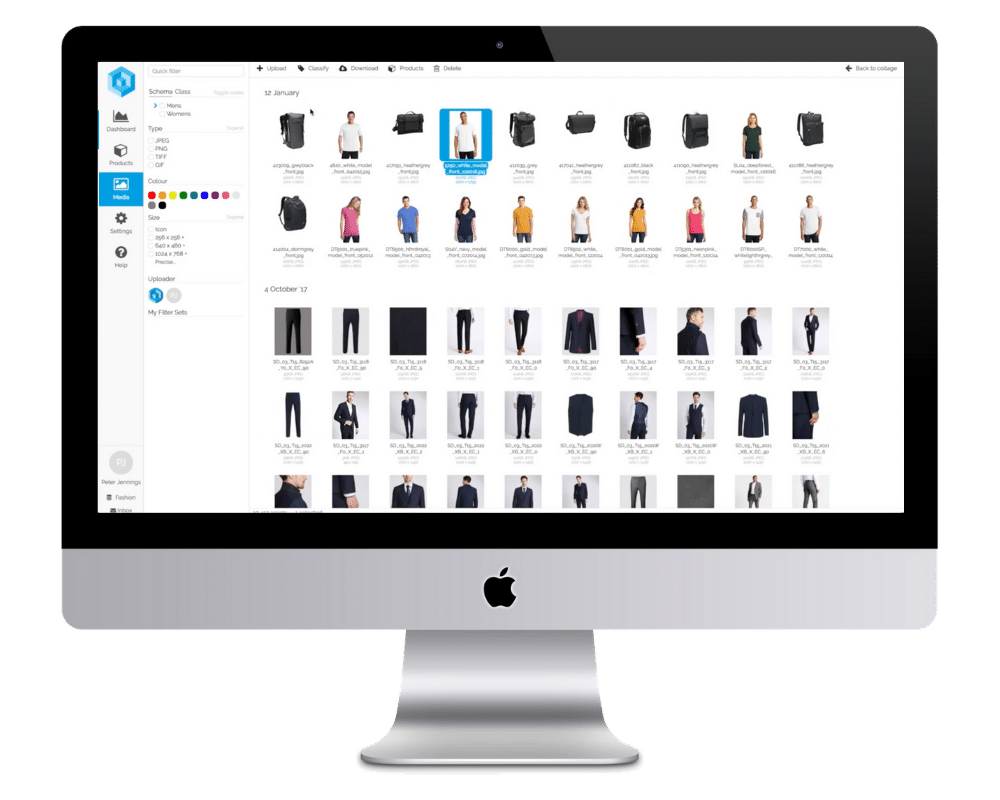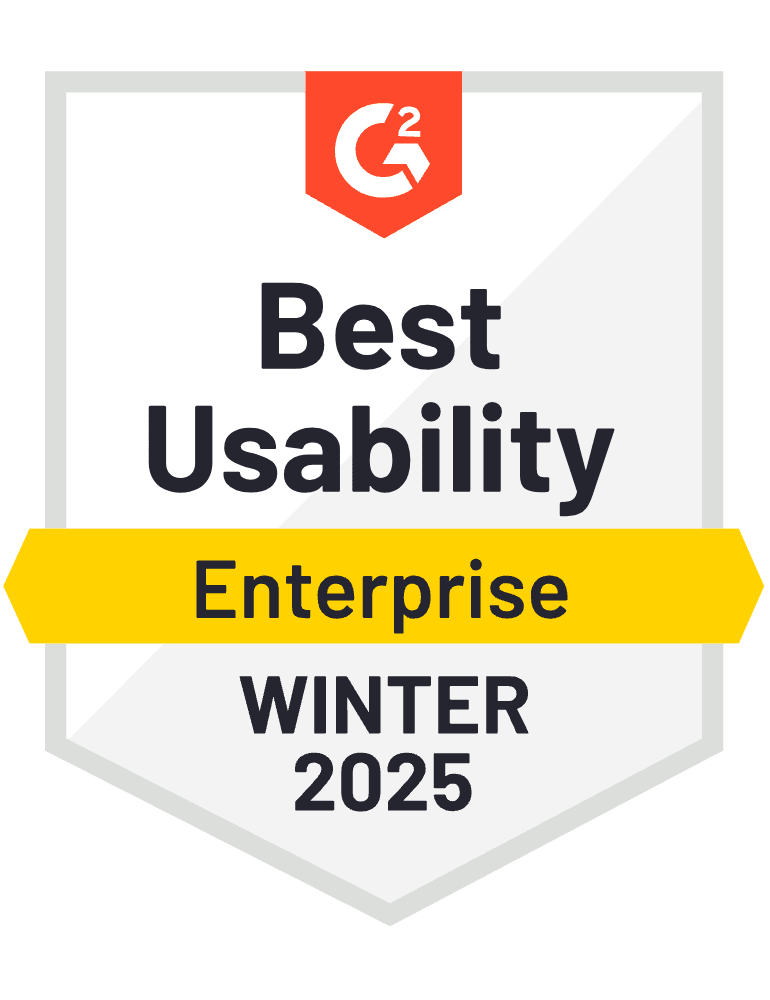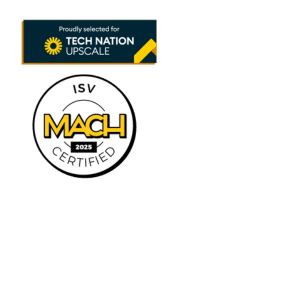1) Product
While you know you have a top-notch product or service, you need to find ways to convince prospects of this fact. Because high-quality products and services are at the heart of every successful B2B transaction, you need to determine how your offering resolves client issues. By understanding your client’s needs, you can offer tailored solutions that resolve pain points. This is the best way to stand out in a crowded market. As a result, you need to showcase:
Your uniqueness
Offering a product with unique features or a competitive advantage sets the stage for differentiation, attracting potential buyers who seek cutting-edge solutions. You have to establish that your uniqueness is the only way customers can resolve their issues.
Your reliability
A solid track record of delivering high-quality products instills confidence in potential buyers. Consistency in performance and reliability reinforce your credibility.
Customization
We no longer live in a world where one size fits all works effectively. This is equally true in B2B sales, where customers want to feel as unique and important as consumers. By customizing products and services to suit individual client needs, you demonstrate a commitment to offering viable solutions to help clients meet their goals. In other words, you need to align your unique abilities with their unique needs.
2) Trust
Trust is the bedrock of any successful business relationship. Establishing trust requires a combination of several factors, including:
Your reputation
A reputable company with positive customer testimonials and case studies can influence potential buyers’ decisions. Customers are more likely to trust a proven track record. Collateral, such as white papers, case studies, and customer testimonials, help build your reputation as a trusted B2B provider.
Communication
Clear communication throughout the sales process helps build trust. You need to address client concerns and respond promptly so they trust you to deliver the product or service they need when they need it. Communication needs to continue beyond the sale to help retain long-term customers who rely on you as their go-to source for whatever you sell.
Expertise and ongoing support
In a world of influencers and thought leadership, you need to demonstrate a deep understanding of your industry. Expertise is front and center thanks to social media and omnichannel strategies that enable B2B companies to establish themselves as industry leaders. However, expertise also has to be available through excellent customer support to instill confidence so clients feel they are in capable hands at every level of your sales funnel.
3) Price
Today’s savvy B2B customers understand that the lowest price is not equal to value. As a result, pricing in B2B sales goes beyond offering the lowest possible cost. You need to prove your value to demonstrate that your product or service justifies your price. This requires several key factors, including:
Your value proposition
Part of marketing 101, your value proposition or unique selling point is essential to standing out from the competition. It also enables you to clearly articulate the unique value your product or service brings to the client’s business. You need to showcase that your product is worth it, whether it is long or short-term cost savings, increased efficiency and productivity, revenue generation, etc.
The long-term ROI
More specifically, long-term ROI emphasizes the cost benefits of your product over the life the client uses the product or service. You need to demonstrate how investment in your offering yields returns over time, so they see the ongoing benefits of the investment.
Flexibility
Negotiation is part of the B2B sales process. You need to be flexible in your pricing options, whether it is being open to negotiation or creating different levels of service. Some examples include:
-
- Selling software on a sliding scale based on the features a client chooses.
- Offering discounts on bulk orders with price breaks enjoyed at various quantities.
- Offering better prices for extended contracts with different terms based on monthly and annual commitments.
- Kits and bundles that offer savings for customers while reducing processing costs for you.
The trick is to set guidelines that maintain profitability while remaining competitive enough to outbid your competition.
Product, trust, and price are the essentials of B2B selling, enabling you to create a competitive edge in the B2B landscape.












